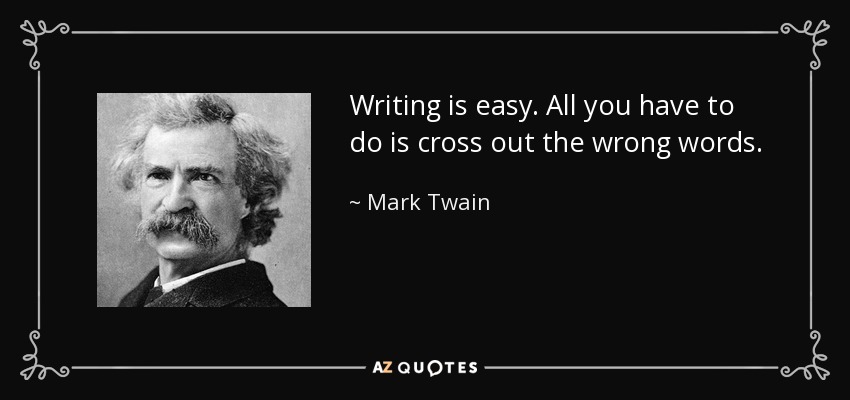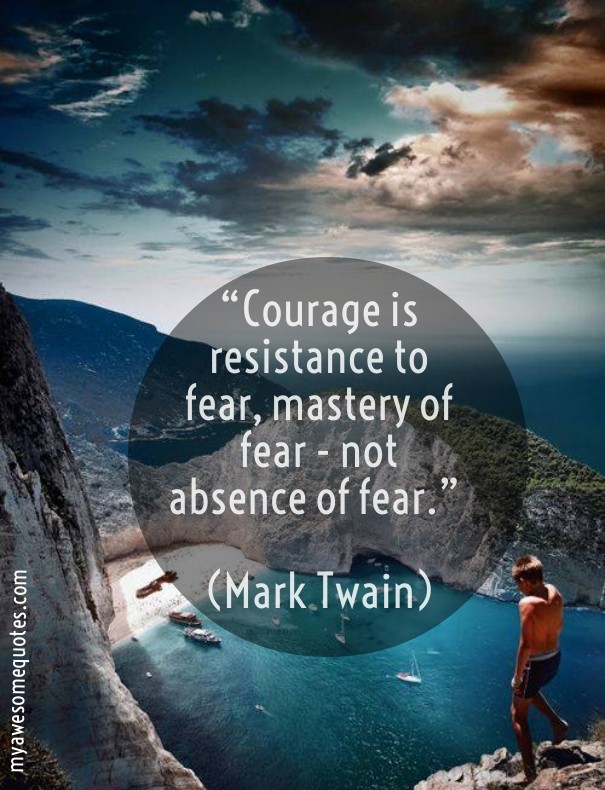Writing takes determination, perseverance, and lots of courage, among other things. The story in your mind becomes your child. Your baby. You know it inside out and upside down. It competes with your attention and keeps you up late at night. And you defend it like a knight defending his castle.
When it's time to share your pride and joy with others, it can go one of two ways. Mother bear can rear her head and resist the criticism or take it with a healthy dose of courage and perseverance. I've been both in my writing journey. How could someone not see the awesome masterpiece that I clearly know is there? But others see differently and such is life.
It's especially hard when you send your beloved to an editor. It's like waiting for a child to come home safely. You wait anxiously, checking for messages, wondering if it will come back unscathed or not. A few weeks ago I experienced this first hand when I sent my first five pages to an editor for a free edit sample.
After the anxious wait, I finally received the email with the editor's comments. I opened the file and saw a long, vertical line of boxes. First reaction? Jaw drop and pulse spike. Was it that bad?? No, it couldn't be! But I bravely pushed the defensive /negative thoughts aside and began reading the comments. Box after box. Slowly my mouth closed and pulse calmed. It wasn't so bad. Sure, there were criticisms, but they were constructive. Exactly what I needed and really was looking for to improve my story. And there were compliments.
The big takeaway from this experience was going into the edit with an open mind. Which isn't easy. But once I let myself read the comments with an objective viewpoint, areas of improvement became much clearer. I won't lie and say having someone pick apart your story is fun, but completely worth it, especially if the editor helps you understand the craft of writing better.
Now, I must make you aware that my experience with this editor was a bit unusual. You see, the aforementioned editor just so happens to be sister, whom you all know-Elizabeth Kitchens.
She is starting free-lance editing services, and I took advantage of the free five page edit sample=) If you are interested in her services, check it out here.
Having the right mindset going into an edit is essential for getting the most out of it and not skulking away muttering to yourself on how completely ignorant the editor was.
What about you? Do you have any advice on getting your baby scrutinized by an editor?



